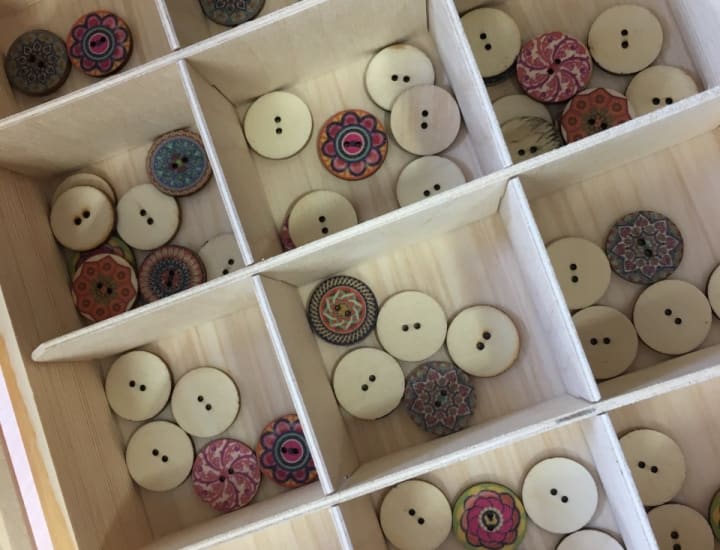Activities such as round table introductions - where attendees have to stand up and introduce themselves to the rest of the group - are often called ‘creeping death’ as they can cause anxiety or nervousness to some attendees.
There are a whole range of icebreakers to choose from to get your event off to the best possible start.
This is the Speak Out selection of good ice breaker activities. Whatever warm-up or icebreaker you choose to use, it’s important that the facilitator is enthusiastic about it. Their energy helps to drive the activity along and maximise participation of everyone attending.
Info-gathering
Input: In response to an easy question, attendees write their answers on a post-it note.
Sample questions include: what questions (‘what carbon emission-reducing practices are you already using on-farm?’) and where questions (where do you get most of your farming information?’ or ‘where do you most like to go on holiday?’) .
Task: attendees place their responses on a board
Note: in this activity the focus is not to single out answers or attribute them to any attendee in particular.
Tip: the facilitator should also take part in the activity.
Word search

Input: you prepare a word search with key words or phrases concealed with a grid of letters. You could hide words of issues or topics you intend to cover later.
Task: invite attendees to complete the word search within a time limit but add that if they get stuck they can ask for help by the person to their left.
This activity gives attendees the chance to interact, to feel part of a team and aware of the issues or focus of the event.
Tip: you can easily create a word search online.
Truths and lies
Input: each attendee has to prepare and present three short statements about themselves, two true and one a lie.
Task: the group listens and votes on which statement they believe is a lie. This activity gives attendees a chance to get to know each other better whilst removing the pressure of speaking in front of a group as in the ‘stand up and introduce yourself to everyone here’ icebreaker.
Tip: this icebreaker can take quite a lot of time to play so factor that into your planning.
Human Bingo

Input: each attendee is given a number of questions for which another attendee is the answer .
Task: attendees have to discover who is/has the correct answer to each question.
Tip: this icebreaker has lots of informal interaction but gets harder the bigger the group.
Name card mix-up
Input: give each attendee a name card, as they enter the room or as they are sitting down, which is not their own.
Task: ask attendees to find the person in the group who has their name card.
Tip: works best if people are all present at the start. Otherwise only hand out name cards of those who are in attendance.
Introducing your partner
Input: in pairs, attendees given a set period of time to find out the answers from each other to a set of questions. For example, your name, what you love about your work and where, if not here, you would rather be right now?.
Task: each attendee introduces their partner to the rest of the group.
Tip: Introducing a partner as opposed to yourself often lessens anxiety or nervousness as people tend to find speaking about others easier than talking about themselves.
Giving out different sets of questions to each pair can make the whole group part of this icebreaker more interesting.
The choice is yours

Input: list the workshops sessions or topics of discussion on a board/flipchart.
Task: invite attendees to mark or vote for sessions/topics they are most introduced in, or rank them by importance.
Tip: use the results to provide the focus for what happens in the rest of the event/session. This icebreaker often sparks useful conversations between attendees prior to the start of the meeting or workshop.

